William P. McCarty is Assistant Professor in the Department of Criminology, Law and Justice at the University of Illinois-Chicago. His recent study took a look at crime in mobile and manufactured home communities. The findings: there is no significant difference between the rates of crime in manufactured home communities relative to other residential areas. The study concluded that cities and other municipalities should not be so reticent to allow the creation or expansion of manufactured home communities, and indeed suggests that communities have a vested interest in providing housing options for its citizens. The evidence in the study suggests that local regulators should seek to make sure that the permitting system is disposed towards allowing greater placement of manufactured home communities.
In an exclusive interview with MHMSM.com Reporter Eric Miller, McCarty offers some additional insights into crime and mobile home communities.
(Editor’s Note: Prof. McCarty uses the phrase “mobile home park” generically, although the Industry uses this phrase to differentiate homes built before the HUD Code of June 15, 1975, from “manufactured home community,” those built after that date.)
1. Why did you decide to take a look at crime in manufactured home communities?
I have always been interested in how the presence of certain types of businesses or other developments can affect crime. This type of approach has been taken through examinations of public housing structures, bars, and schools, for example, but it had never been done with mobile home communities. I became interested in mobile home communities due to the persistent stigma against this type of neighborhood. Even though the perception existed that these places were bad, I could not find a study that actually used solid data and methodology to test those negative assertions. Mobile home communities are also interesting from a criminological theory standpoint because they have historically been characterized by a lower-income and mobile population, two factors that often result in more crime. Conversely, they have historically been characterized by a homogeneous group of residents, which is a factor that often results in less crime. Factor in all of these interesting issues and I was excited to test the amount of crime in mobile home communities.
2. Can you tell me about the homes and communities you looked at?
There is a fairly diverse spectrum of mobile home communities in Omaha, NE. In total, there were 15 communities that covered 32 street blocks in the year 2000, which was when the data were collected. Some of those communities have many rental units, while those at the other end of the spectrum follow the estate model with owned units and land. In other words, they range from fairly dilapidated and poor conditions to very aesthetically pleasing and moderately affluent conditions. Nowadays, a couple of those communities have been torn down or abandoned.
3. Do you know anyone who lives in a manufactured home?
I do. I actually conducted interviews with a small sample of mobile home residents (approximately 20) in 2008. I have another manuscript currently under review that discusses the results from those interviews.
4. You mention that manufactured homes are often placed in blighted areas. Perhaps then it is remarkable the crime rate is on par with other communities.
There are two ways (if not others) to interpret this finding. On one hand, some theorists would agree with your conclusion, given the poor conditions where these communities are often placed. The broken windows perspective, for example, would posit that these dilapidated surroundings would be related to higher rates of crime. Other theorists may still find these rates higher than expected, due to the fact that there is a smaller concentration of people, businesses, traffic, etc., in these areas. In other words, one could argue that there are not a lot of readily available or apparent opportunities for crime in mobile home communities, when, for example, compared to a downtown block with bars, people walking around, businesses etc.
5. Do you think Omaha is a good representation of manufactured home communities elsewhere?
This is a very good question. The City of Omaha has demographics (e.g., income, racial composition) that closely mirror those of the United States. So, Omaha is often viewed as a good representation of the entire country in terms of its demographics. In terms of its mobile home communities, I would not be so certain that it is an excellent representation. My reasoning is that roughly 75% of mobile home communities are in rural areas (and you may have a better estimate of this than I do). The communities that I studied were of course located within the city. One aspect of this study I feel pretty confident about is that the mobile home communities in Omaha were diverse, from the more dilapidated looking parks all the way to the affluent ones and other parks in between. In other words, the average crime frequencies, etc., are somewhere between the extremes, which is what you want.
6. From my experience, manufactured home communities are more dense than many suburbs, often have porches or decks facing the street and so tend to be more neighborly and social. Does that design/architecture impact crime? Could there a kind of Jane Jacobs “eyes on the street” affect at work even here?
Good question. In Omaha, the design of the communities varied. Some of the communities had the decks and other outdoor space that you describe. Other communities did not have such amenities. Generally speaking, guardianship (in the Jacobs mold as you describe) can result in less crime. The variable, however, is how well the residents know one another. If residents know one another, those decks are great. John Doe is sitting on his deck and sees someone who is foraging around an adjacent unit. If he knows his neighbor well, he may realize that person does not belong. His suspicions would be aroused and he may call the police, alert the manager, or say something himself. Conversely, if John does not know his neighbors, he may be clueless about whether that person is up to trouble or is a relative of that person living there. Simply put, manufactured housing communities with a constantly changing population make it more difficult for effective informal social control (or guardianship) to take place. On the other hand, manufactured housing communities that are more stable allow residents to know and recognize one another, which make it easier for them to detect if something is amiss or suspicious.
7. In your opinion, does owning land have impact on the crime rate? On social mobility?
Without a doubt. Numerous studies in criminology have illustrated the importance of home and land ownership for helping decrease the rate of crime. People have a greater stake in their communities when they own something. If the community begins to erode or crime begins to increase, those residents are affected not only in the quality of their lives, but also their home and land value. This study illustrated the same thing in terms of mobile home communities. As the percentage of home ownership increased, the average rate of crime decreased. This finding held for all types of blocks.
In terms of social mobility, the result is the same. Owning an asset helps people move up the social ladder, if they desire. A smaller manufactured home can be sold to pay for a larger one. A manufactured home can be sold to have enough money for a down payment on a site built house, if someone desires. While this study did not test or explore social mobility, this logic has held in numerous other studies.
8. Did you look at any age-restricted communities? If so, what did you find? If not, what would you expect to find?
To the best of my knowledge, none of the communities studied were age restricted in 2000. Given prior research, elderly residents are, of course, less likely to participate or be victimized by crime. As a result, I would expect older communities to have less crime.
9. Does the density of a manufactured home community have any impact on safety?
I am unsure what you mean by safety. Population density is another variable that significantly affects crime. The issue of density seemed to be important in my study as well. When you compare the average raw frequencies of crime in mobile home communities to other types of neighborhoods, mobile home communities come out higher. In other words, mobile home communities, on average, had more crimes reported to police than other types of blocks. When you calculate a RATE of crime (frequency of crime divided by population), however, these differences go away. This suggests that mobile home communities experience higher frequencies of crime because they have more people concentrated in an area.
10. Did you discover anything that may not be related to the research, that you found interesting?
As I mentioned, I have another article under review that discusses the results of the interviews with residents, owners, and managers of mobile home communities in Omaha. One of the key themes seemed to be on-site management. This made a tremendous amount of difference in the quality of life in a mobile home community. I interviewed people from 6 of the 15 communities and I was amazed by how much the parks varied. On the low end, you had problems with fear of crime, gangs, etc. On the high end, you had residents who adored each other, helped each other out, and communicated well with the management structure. Another issue that I found interesting was that some communities have a growing number of minority residents, which has created some problems.
I enjoy studying life and crime in mobile home communities. I have a few additional studies planned. I want to stress that I have no agenda. I really enjoyed working with and talking to residents, owners, and managers. All types of communities have problems and issues and I want my research to help inform people and policy makers about how to make life better in these developments. The reason why I enjoy studying mobile homes is because I am fascinated by that whole “trailer trash” stereotype. I dislike when stereotypes are considered fact. I am a researcher. I like to test various ideas by using actual data and sound methodology.
William P. McCarty is an Assistant Professor in the Department of Criminology, Law and Justice at the University of Illinois-Chicago is an Assistant Professor in the Department of Criminology, Law and Justice at the University of Illinois-Chicago. He received his Ph.D. in criminal justice from the University of Nebraska at Omaha in 2008. His research interests include neighborhoods and crime, correctional staff and management, policing, and quantitative research methods.
by Industry in Focus Reporter Eric Miller for MHMSM.com Industry Voices


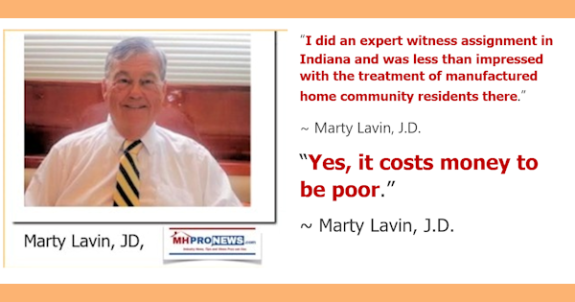
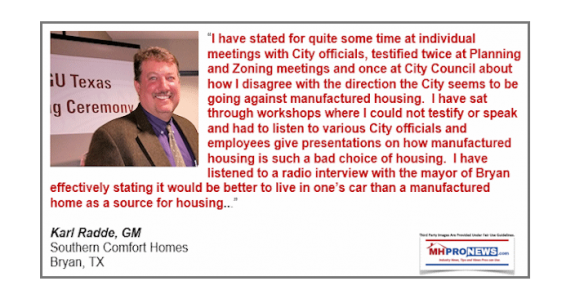
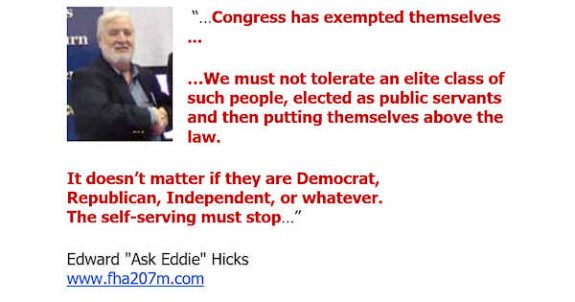
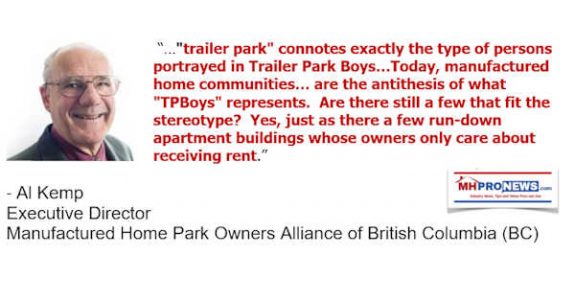
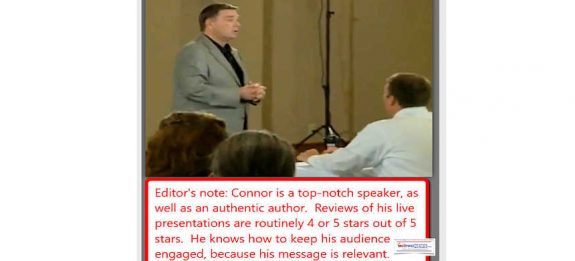
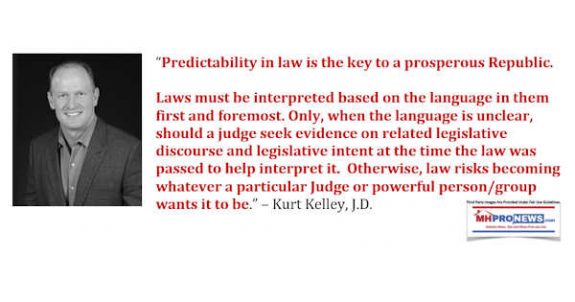
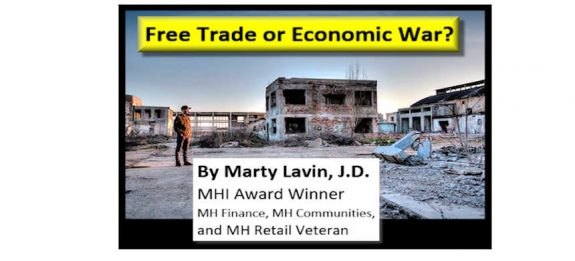
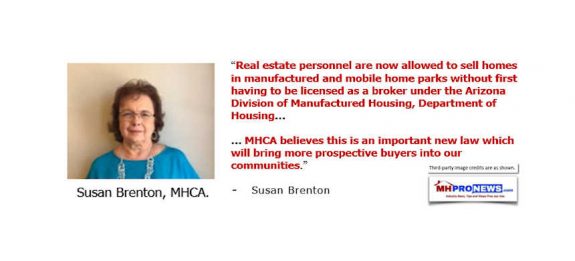
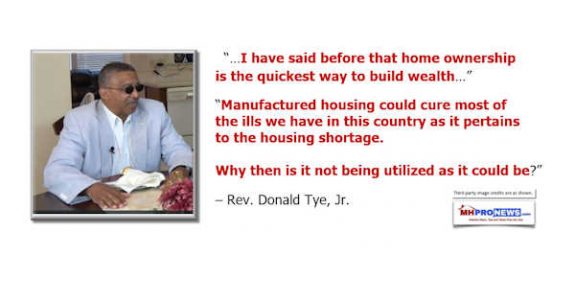
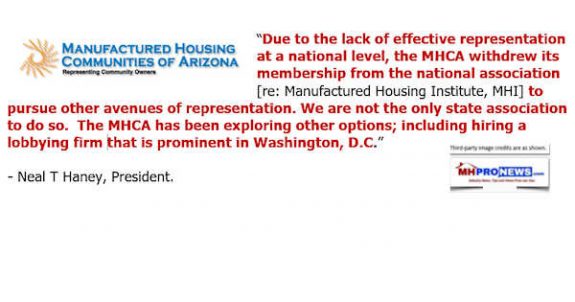

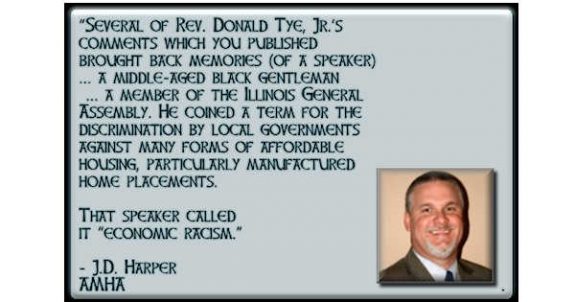
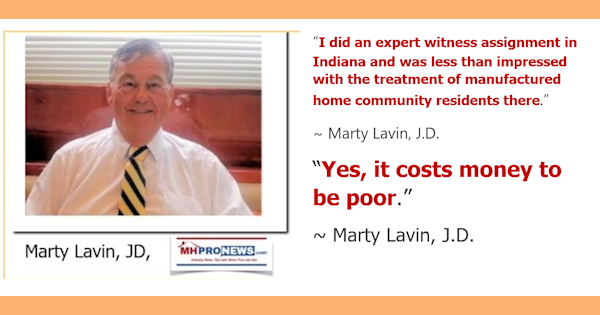
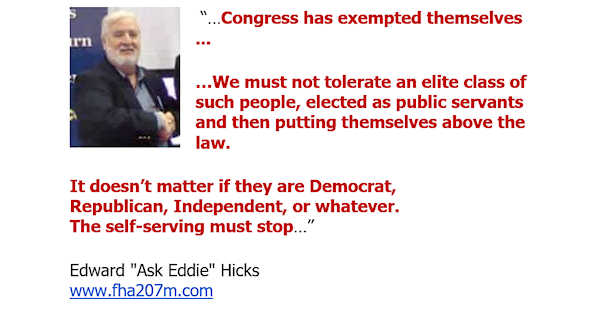
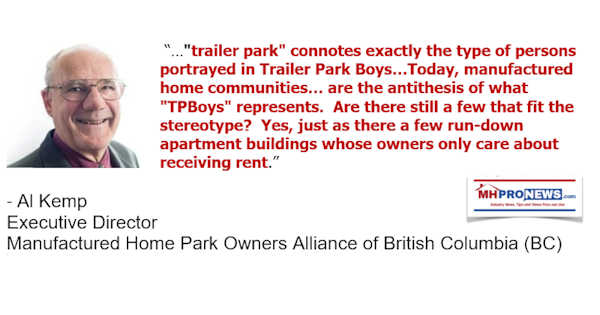
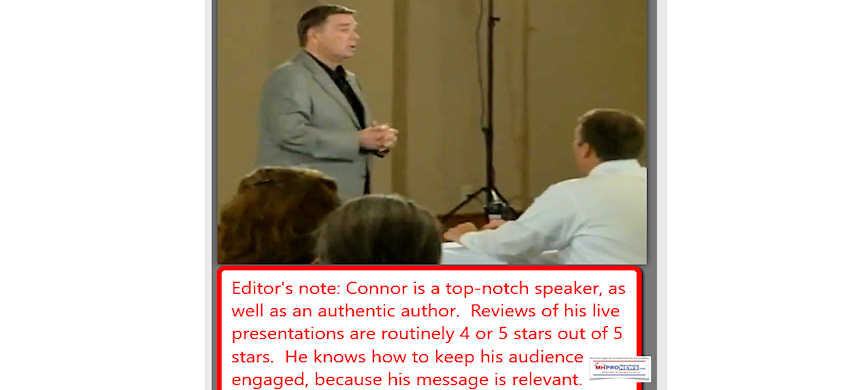
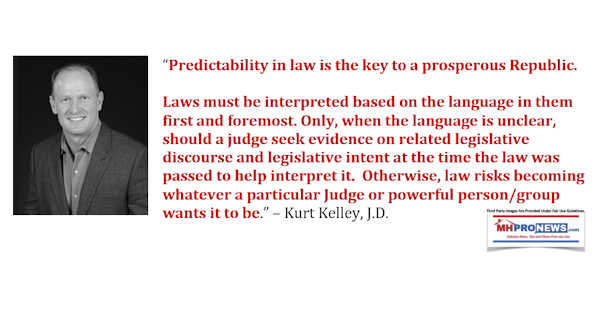
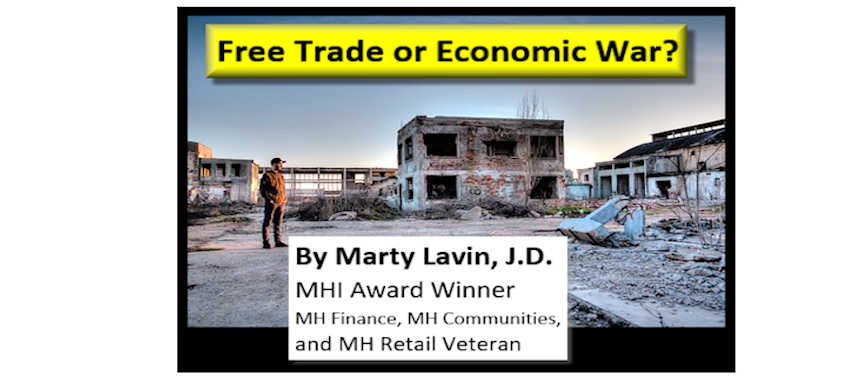
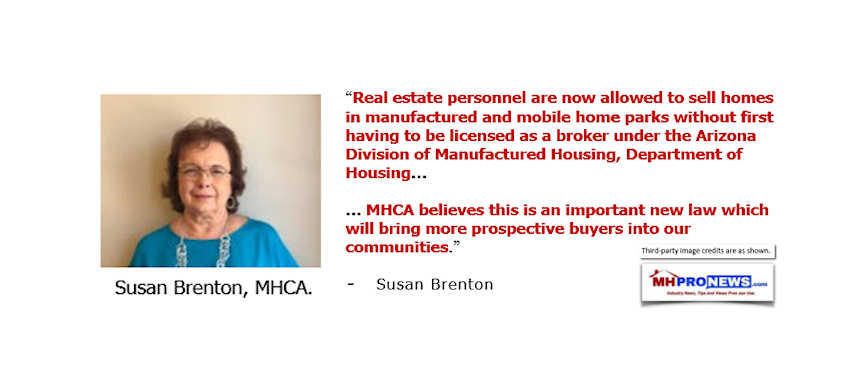
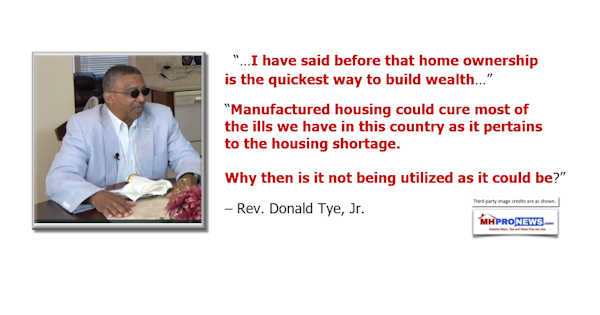
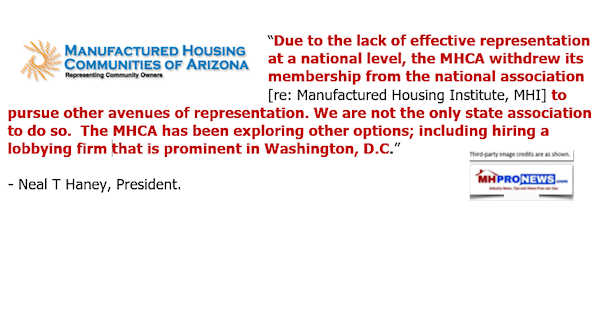

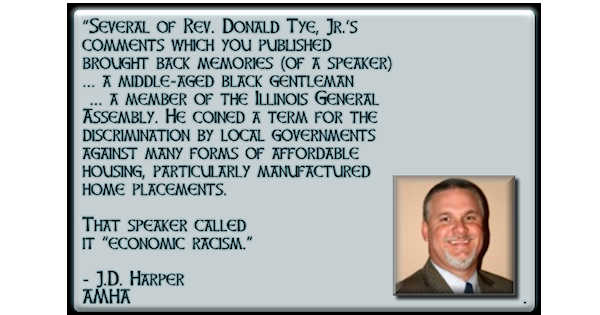
Karl Radde – TMHA, MHI, Southern Comfort Homes – Addressing Bryan City Leaders, Letter on Proposed Manufactured Home Ban
To All Concerned [Bryan City Officials, Others]: As the retail location referenced by Mr. Inderman, I would like to take a moment to address the …